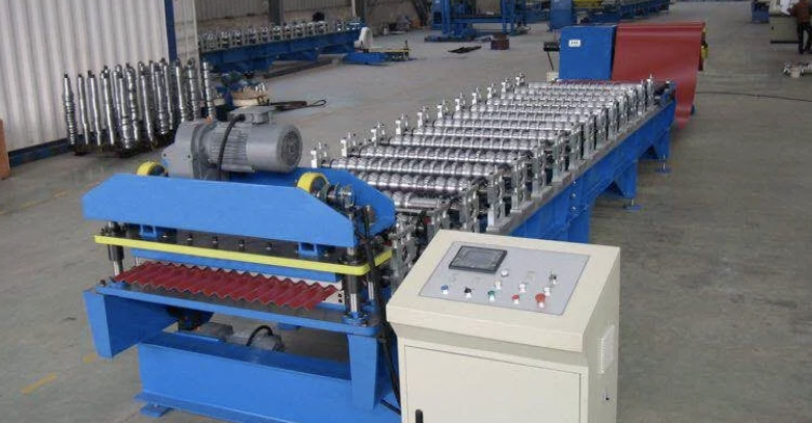
Posted on Wednesday, October 9, 2024
A closed-loop control system in roll forming refers to an automated system that continuously monitors the output of a process and adjusts the inputs to achieve the desired result. This system is crucial in manufacturing processes, including roll forming, where precision and consistency are vital for producing high-quality metal components.
In summary, closed-loop control systems are integral to modern roll forming machines, significantly improving their accuracy and efficiency. By continuously monitoring and adjusting key parameters, these systems enhance product quality, reduce waste, and increase production speed, ultimately leading to greater competitiveness in the manufacturing sector.

Used Purlin Roll Forming Machines for Sale Worldwide
Posted on Sunday, January 25, 2026
Pre-Owned Roll Forming Machines for Purlin & Structural Steel Profiles

Used Roof Panel Roll Forming Machines for Sale Worldwide
Posted on Sunday, January 25, 2026
Pre-Owned Roll Forming Machines for Roofing Panel Production

Used Roll Forming Machines for Sale Worldwide
Posted on Tuesday, January 20, 2026
Pre-Owned Roll Forming Machines with Inspection, Verification & Global Support

Steel Coil Supply for Roll Forming Machines Worldwide
Posted on Tuesday, January 20, 2026
Reliable Steel Coil Supply for Roll Forming, Fabrication & Manufacturing Applications
Copyright 2026 © Machine Matcher.